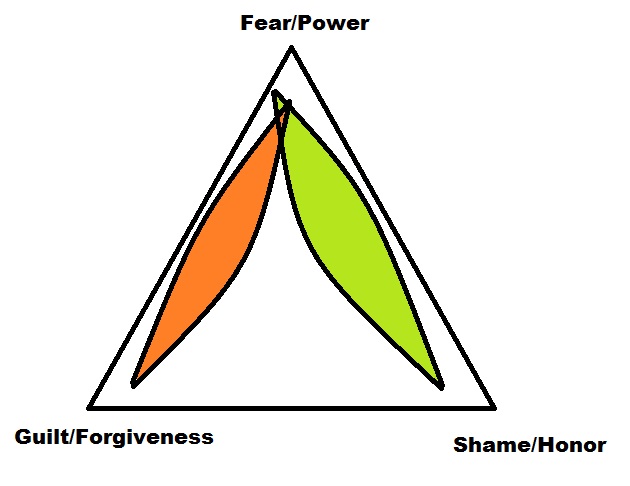A friend of mine was speaking and brought the following point:
“If you are facing the Red Sea today, you can be sure of this: God has put you there.” In Exodus 14, God sets up the Red Sea crisis. He deliberately places his beloved people between an army and a lake. And sure enough, he loves them and has a wonderful plan for their lives:…”
I won’t go into the rest, but think about it right now. In Exodus, the Israelites were being guided by God out of Egypt. I have been through the long Suez canal (which did not exist back a couple of millenia BC). If God wanted to get the people of Israel safely into the Sinai Peninsula, and greater Asia, it would not have been hard to give them a “dry ground” path. Yet they were led into a trap… by God.
Why did God lead them into a trap? One might argue that it was strategic to destroying the Egyptian army… but of course, this could have been done in many ways, including many ways that would not have terrorized the people of Israel. Clearly, God put them into a trap so that He could demonstrate His power, and even more so His faithfulness, to bring them out and through.
Now, most of us may have problems with being “terrorized.” I get that. But we also need it at times.
My wife and I, among other things, do pastoral care, including missionary member care. We have dealt with missionaries struggling with support or personal conflicts. We have have had personal struggles and personnel struggles, but our finances had not really been a problem. But a few months ago, our support reduced drastically, and will again in just a few months. We have been forced to trust God. We have had quite unexpected support coming in that has been a big help so far. We still have reasons for concern for the future, but we have a better perspective on God’s faithfulness when we see it through the lens of adversity rather than through the lens of prosperity.
Psalm 23 notes that although we walk through the Valley of the Shadow of Death, we can fear no evil because God is with us. But sometimes we need God to lead us into those that shadows of death, the valleys in our life, to truly understand that God is with us.










